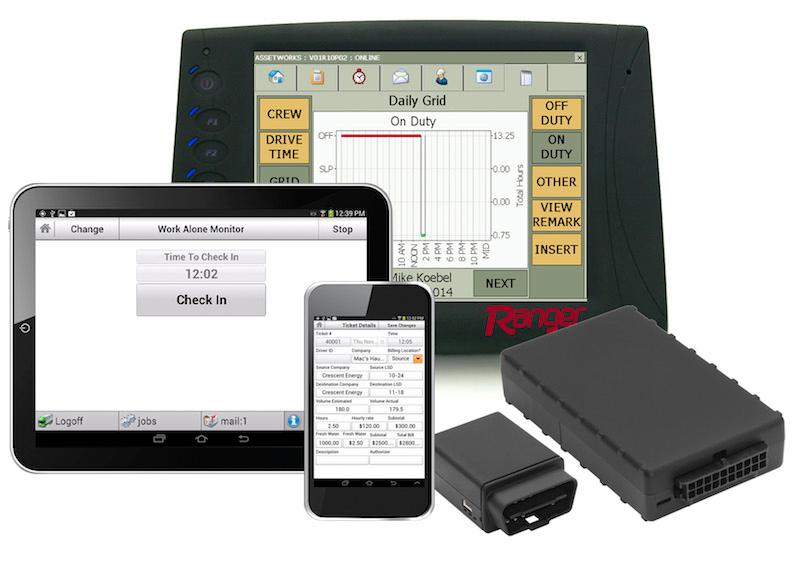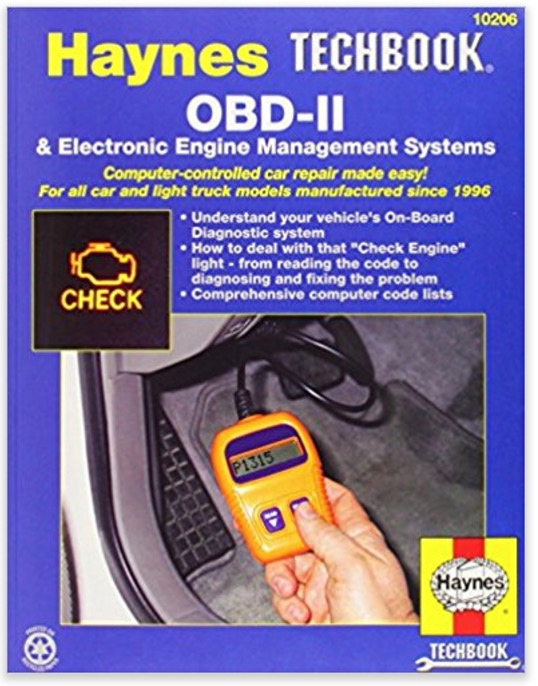Recent Posts
The Federal Motor Carrier Safety Administration (FMCSA) Electronic Logging Device (ELD) Rule
Posted by on
 An electronic logging device (ELD) is electronic hardware that is attached to a commercial motor vehicle engine to record driving hours. The driving hours of commercial drivers (truck and bus drivers) are regulated by a set of rules known as the hours of service (HOS). The Commercial Vehicle Driver Hours of Service Regulations vary in Canada and the United States.
An electronic logging device (ELD) is electronic hardware that is attached to a commercial motor vehicle engine to record driving hours. The driving hours of commercial drivers (truck and bus drivers) are regulated by a set of rules known as the hours of service (HOS). The Commercial Vehicle Driver Hours of Service Regulations vary in Canada and the United States.
An ELD monitors a vehicle’s engine to capture data on whether the engine is running, whether the vehicle is moving, miles were driven, and duration of engine operation.
Previously, paper logs or electronic on-board recorders (EOBR) were used for hours-of-service tracking. Even though an electronic on-board recorder (EOBR)-style log improves the accuracy of the data, the lack of a consistent data format meant that the logs needed to be regenerated to an equivalent “paper” format for review and enforcement. The Record of Duty Status (RODS) definition within the ELD legislation defines a consistent format for enforcement personnel to review, so the ELD Mandate was created.
The Federal Motor Carrier Safety Administration (FMCSA) announced the Final Rule of the ELD mandate, and the ELD rule being implemented in several phases with a compliance date of December 18, 2017. Fleets have until December 2017 to implement certified ELDs to record HOS. Fleets already equipped with electronic logging technology will have until December 2019 to ensure compliance with the published specifications.
An ELD is an electronic unit that:
- Records a commercial motor vehicle's driving time
- Records the driver's hours of operation
- Is synchronized with the engine of the vehicle
- Electronically displays and transfers ELD information
- Monitors engine data such as:
- Engine power status
- Vehicle motion status
- Miles driven
- Engine hours
- Records data such as:
- Date & Time
- Geographic (GPS) Information
- Engine hours
- Vehicle miles
- Driver identification
- Vehicle identification
- Records events such as:
- Engine power up and shut down
- Driver login/logout
- Duty status changes
- Personal usage
- Malfunction of diagnostic events
More Information:
- About the ELD Rule...
- Specific Requirements Document (PDF)...
- Electronic Logging Devices and Hours of Service - Frequently Asked Questions (PDF)...
- Electronic Logging Device (ELD) Test Plan and Procedures (PDF)...
- FMCSA ELD Final Rule 12-10-2015 (PDF)...
This tech book takes the mystery out of second-generation On-Board Diagnostic Systems allowing you to understand your vehicles OBD-II system, plus what to do when the "Check Engine" light comes on, from reading the code to diagnosing and fixing the problem.
The book includes a comprehensive list of computer codes, making computer-controlled car repair made easy.
The information in this book pertains to all car and light truck models manufactured since 1996, and supports you understanding your vehicle's On-Board Diagnostic system
It shows how to deal with that "Check Engine" light--from reading the code to diagnosing and fixing the problem, and includes a comprehensive computer codes list
Diagnostic tools include:
- Powertrain management fundamentals
- OBD-II "monitors" explained
- Generic trouble codes that cover all models!
- Manufacturer-specific trouble codes for GM, Ford, Chrysler, Toyota/Lexus and Honda/Acura vehicles
- Let your car's computer help you find the problem!
- Component replacement procedures
- Glossary and acronym list
- Fully illustrated with over 250 photographs and drawings
 Loading... Please wait...
Loading... Please wait...

